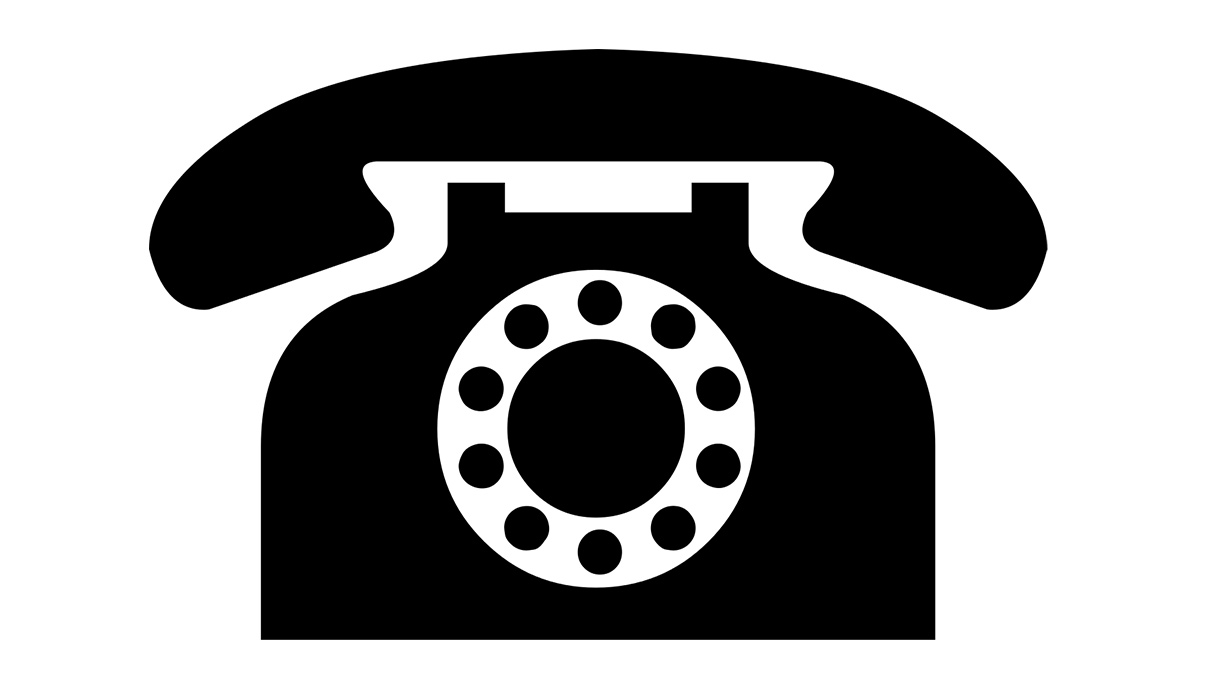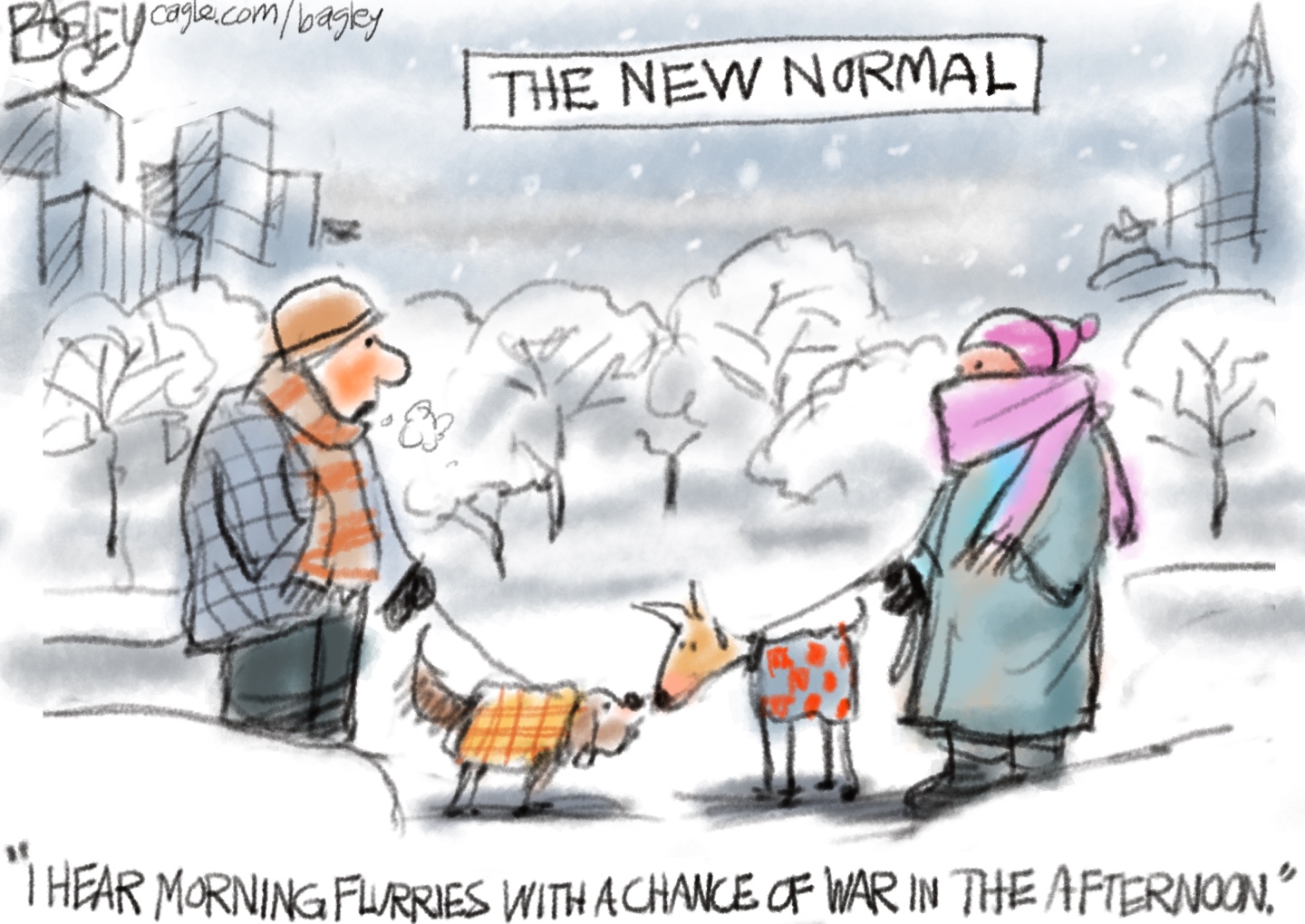The future of communication
Technology has driven the way we communicate, and that evolution shows no sign of stopping

For considerably more than a century, changes in the modes of business communication have defined dramatic shifts in industry. The telegraph made synchronised global stock trading possible in the 19th century, and the telephone has increased the pace of business throughout the 20th century, further enhanced by the mobile variety in the 1980s. But in the last decade there have been increasingly rapid changes in communication tools, with no sign of the pace slowing. Skype and smartphones are just the beginning.
Nowadays, anyone with a laptop and a Wi-Fi (or mobile data) connection can videoconference on the move. Although email has existed since the 1960s, and been a mainstay of business for a couple of decades now, there are signs that it could be taking a back seat in the near future, if it hasn't already. The mobilisation of workforces, and the population in general, has placed more immediate, short-form communication at centre stage. Twitter, WhatsApp, and even Snapchat have taken over from AOL Instant Messenger and MSN Messenger, offering more smartphone-friendly rapid text-based communications that fit the pace of contemporary industry better. They sit in the happy halfway house between email and telephony, with the persistence of the former but the immediacy of the latter.
So perhaps it's no surprise that Facebook Messenger is now being positioned as a business tool. Formerly just part of the world's favourite social networking platform (with more than two billion global users), Facebook Messenger has been spun off as a separate entity on smartphones, and is now becoming a platform in its own right. At the same time, it is acquiring the ability to have third-party services installed, opening the way for built-in payment systems, as well as connectivity to business and customer relationship management systems.
The Week
Escape your echo chamber. Get the facts behind the news, plus analysis from multiple perspectives.

Sign up for The Week's Free Newsletters
From our morning news briefing to a weekly Good News Newsletter, get the best of The Week delivered directly to your inbox.
From our morning news briefing to a weekly Good News Newsletter, get the best of The Week delivered directly to your inbox.
The strength of this concept lies specifically in the fact that over the last few years Facebook has been making a concerted effort to weed out fake accounts. It's still possible to use a pseudonym when you sign up, but in general your Facebook identity is the “real you”, or at least an aspect thereof. Gone are the days when “On the Internet, nobody knows you’re a dog,” to quote the infamous New Yorker cartoon. The end result is that you will be using Facebook Messenger as yourself, which can then be linked into numerous other systems without further need of identification. So you can be sent travel tickets via this medium, for example, and any conversations revolving around these will be automatically linked, so everyone already knows what is being talked about. Throw in Facebook's acquisition of Oculus Rift (as mentioned in our Virtual Reality for business feature), and you have a VR platform that is also connected automatically to your identity, address book, and social network.
The multi-faceted communications world has already necessitated a rethink of everyday computing devices. There is decreasing reliance on office-bound desktop machines, with much greater use of smartphones and tablets. But these are not the perfect options when a lot of text entry is still required, making the case for crossover devices that can act as both tablet and notebook, such as HP's Elite x2 1011. But things look set to become even more diverse and distant from the desktop personal computing model of the 80s and 90s in the relatively near future.
Although the smartphone is likely to be the focus for the current app-driven, highly mobile version of telecommunications for a few years to come, it is no longer alone. As with the smartphone, it has taken Apple's design capabilities to make the smart watch into something people actually want, and it still feels like a product in search of a use. But that's only a temporary situation, as innovators find those uses. Wearable devices will integrate communication more seamlessly with the environment, letting us keep track of information in a much less intrusive way than pulling out and checking the screen of a smartphone. The smart watch is also a step towards the Internet of Things, and other ubiquitous computing devices such as The Dash ear bud, which garnered more than ten times the backing asked for on Kickstarter. The Dash and other Internet of Things devices place sensors and processing power all over our bodies and the environment.
Business people with Bluetooth headsets have been able to conduct phone conversations whilst walking about or (not to be recommended) when driving for some time. But communications will be much more ingrained into what we wear and the environments we travel through. Google Glass may have been cancelled at the beginning of 2015 for a variety of reasons, but not because the whole concept of a wearable camera with personal heads-up display is completely pointless. There are privacy and usability issues with implementations so far, but as a first foray into possibilities much has been learned from Glass. We can already use apps like Meerkat and Periscope to stream video live from our smartphones, bringing viewers into direct visual contact with whatever we are doing now.
One thing’s for sure – as our needs change, the devices we use to communicate will change too. Versatile mobile devices like the HP Elite x2 1011 will continue to evolve, providing more functionality, more portability and an ever better user experience. The future of communications will be a long way from the telegraph and telephone, and is likely to be integrated into our everyday activities in a much more seamless way, with many more game-changing shifts to come.
A free daily email with the biggest news stories of the day – and the best features from TheWeek.com
-
 Political cartoons for March 1
Political cartoons for March 1Cartoons Sunday’s political cartoons include the new normal, the sign of times, and more
-
 Death in Lyon: the growing violence in French politics
Death in Lyon: the growing violence in French politicsTalking Point The death of Quentin Deranque has revealed the violence within the anti-fascist movement, and shown how the Right are ‘shamefully exploiting’ this tragedy
-
 The row over student loans: is the system unfair?
The row over student loans: is the system unfair?The Explainer Millions of graduates have been left with hefty student loans, at high interest rates